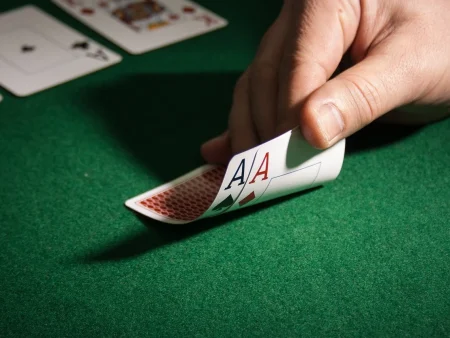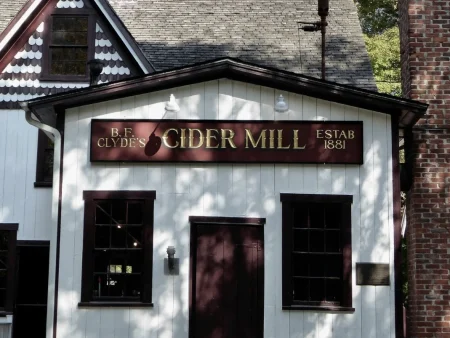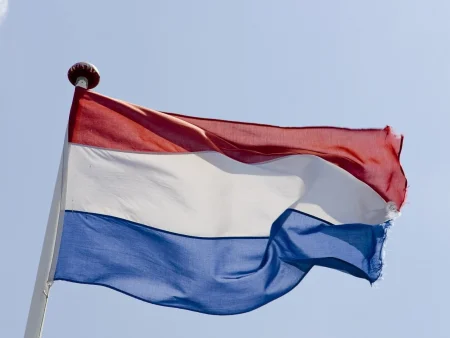Macau's government has opened a consultation on a number of major reforms to the region’s casino sector, including changes to the number of licences issued and the possibility of introducing government representatives to licensees.
The consultation will consider changes to Law No. 16/2001 – “The Legal System for Casino Gaming Operations” – which opened Macau’s casino market to multiple operators for the first time.
It will cover nine main topic areas. The first of these is the number of concessions that should be issued when the current licences expire in June 2022. Currently three licensees offer gaming in Macau, with a further three sub-licensees also operating. However, the report suggested that a lower number of operators may be beneficial.
“Restricting the number of concessions does not mean reducing the competitiveness of the sector in the market, but, on the contrary, aims to ensure a balance between the stability of the market size and the liberalization of the sector,” the consultation said.
To do this, it may restrict the number of concessions issued, while explicitly prohibiting sub-concessions.
A further topic area involves the introduction of “Government Delegates” to licensees.
“As a representative of the public interest of society, the Macao SAR Government has a responsibility to protect the interests and well-being of the entire local population,” the government said. “The game concessionaires, in turn, have as their main objective the maximisation of their own profits.”
Because of this difference, it argued, delegates shouldbe appointed “to extend the power of direct inspection of theGovernment of the Macao SAR over the concessionaires”.
The length of the concessions could also be shortened. The consultation noted that the original Macau casino law was drafted at a time of great economic uncertainty when a long concession was deemed necessary to attract strong investment. In addition, it said that an “excessively long or inflexible concession period may cause a certain level of obstacle”.
Under the proposed rules, further legal requirements would be required for prospective licensees, including a higher minimum amount of share capital to better reflect the size of the Macau market. In addition, the government proposes increasing the minimum share capital that must be held by a delegated Macau resident from the current 10%.
The government also proposed introducing some kind of guarantee for local workers. However, this proposal did not contain specifics, instead simply noting that “concessionaires must constantly and proactively take steps to ensure access to the employment of local workers” as well as access to promotions for these staff.
In addition, the government proposed introducing new rules for those who promote gambling, such as junket operators. These businesses, it noted, currently face very few legal requirements when compared to casino operators and as a result, links to illegal activity have been discovered.
“It is necessary to tighten regulation of activities carried out by game promoters, such as increasing the criteria for access to this profession,” the consultation said.
Another proposal listed was the promotion of non-gaming projects, requiring resorts to feature more non-gaming activities in an effort to diversify Macau’s economy, after chief executive Ho Iat Seng warned last year of of Macau’s “excessive dependence” upon the gambling industry.
The penultimate area of consultation concerns social responsibility. Here, the government noted that the current rules lack specificity. As a result, it said that licensees should take on a number of specific social responsibilities, including supporting small and medium-sized local businesses, protecting labour rights and taking part in philanthropic ventures.
Finally, the government proposed changes to the law around criminal liabilities, mostly making it clear that operators can be criminally liable for certain money laundering failings. In addition, the proposals would make clear that refusing DICJ personnel access to documents or information when expected can also be a crime.
The consultation will last 45 days and will include five public sessions in which stakeholders may offer their opinions.
Original Article















